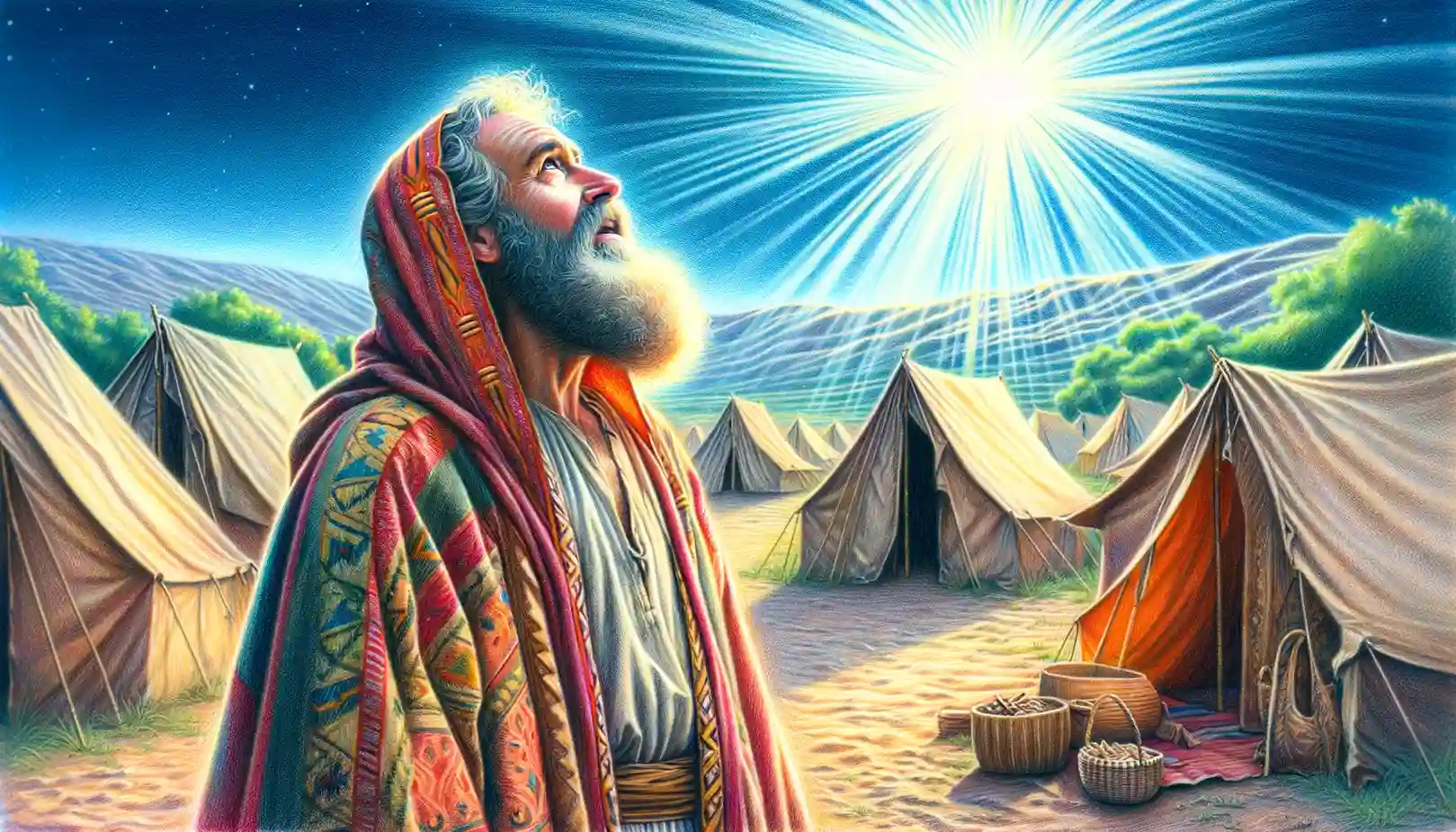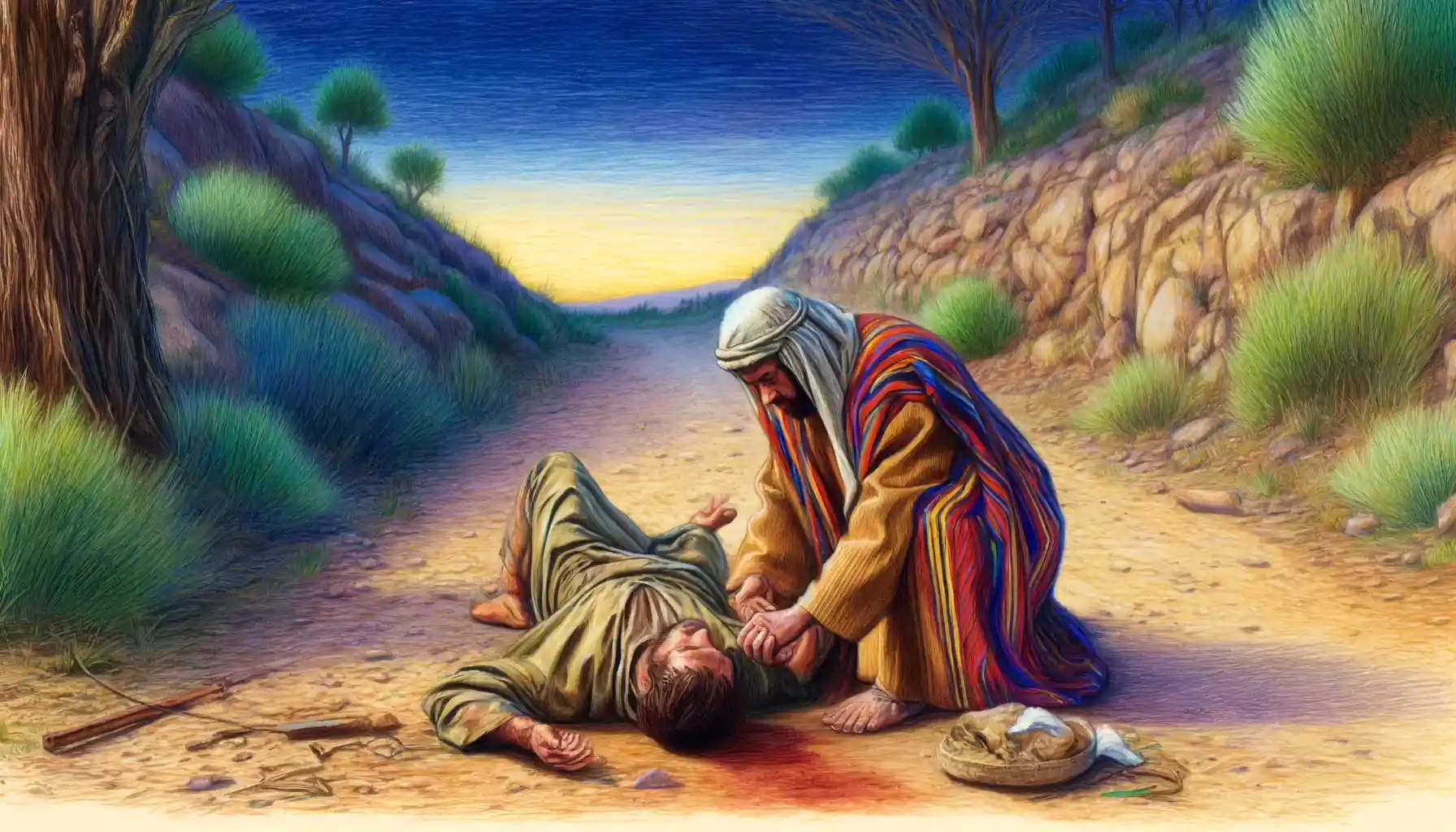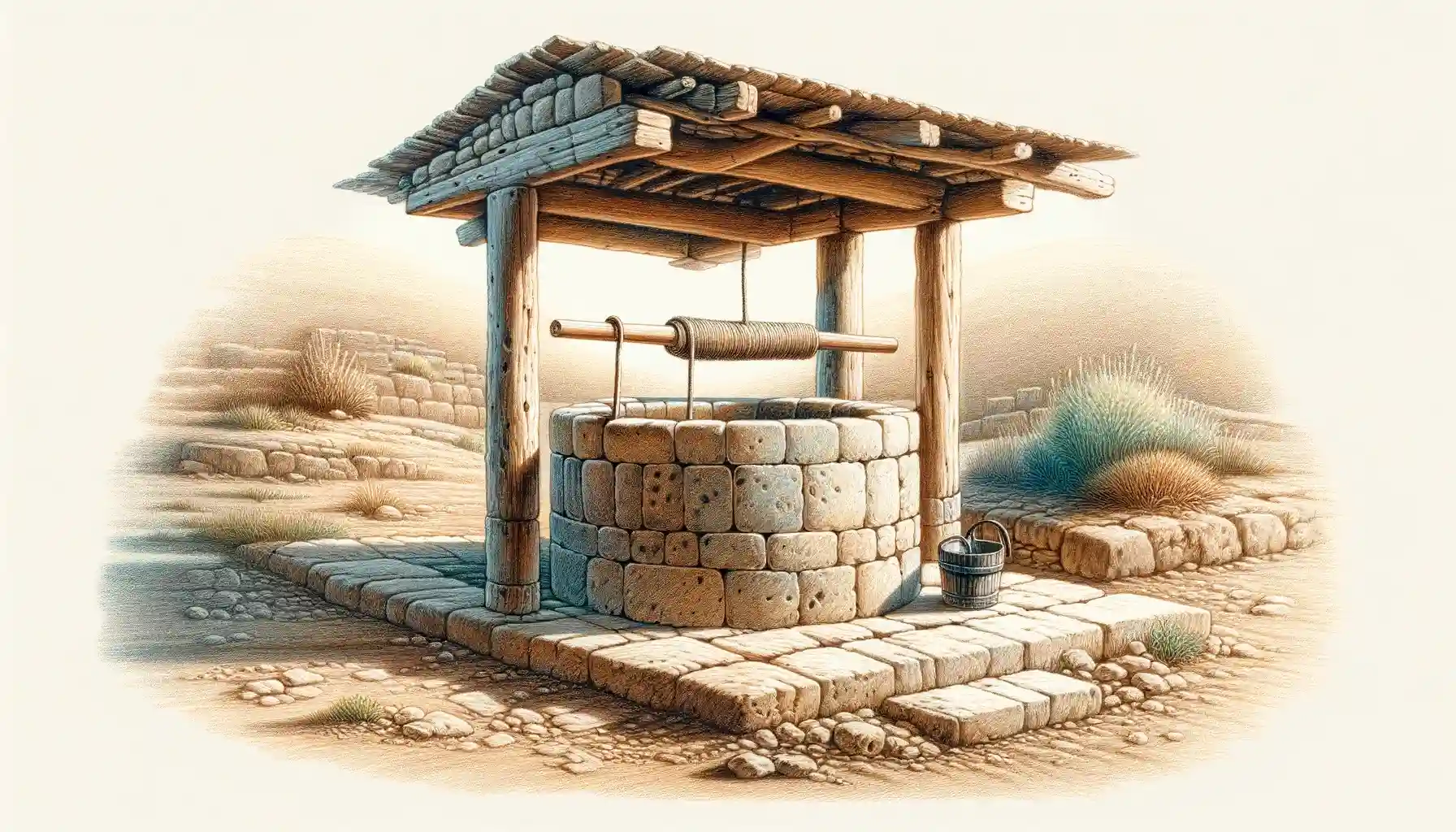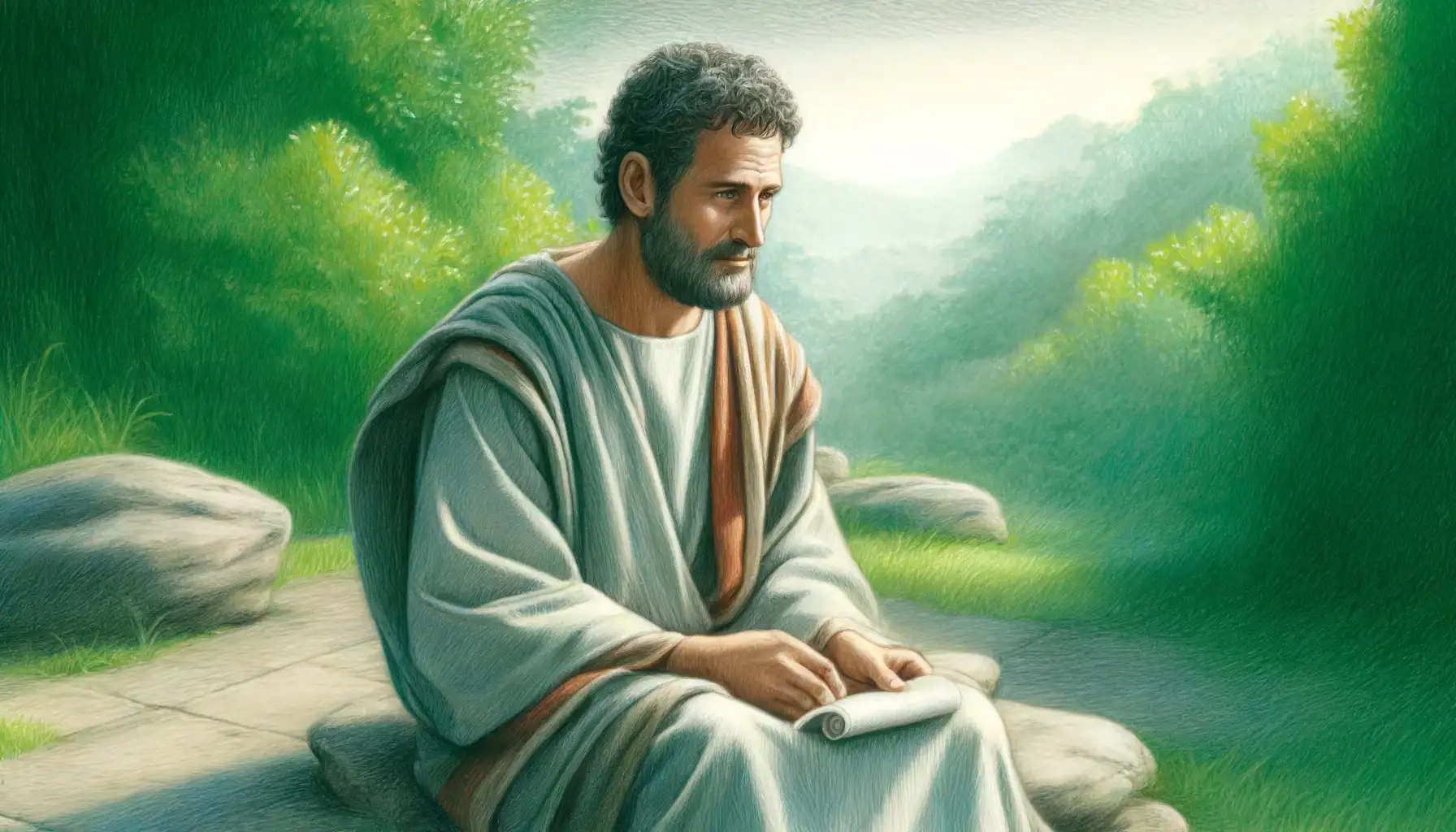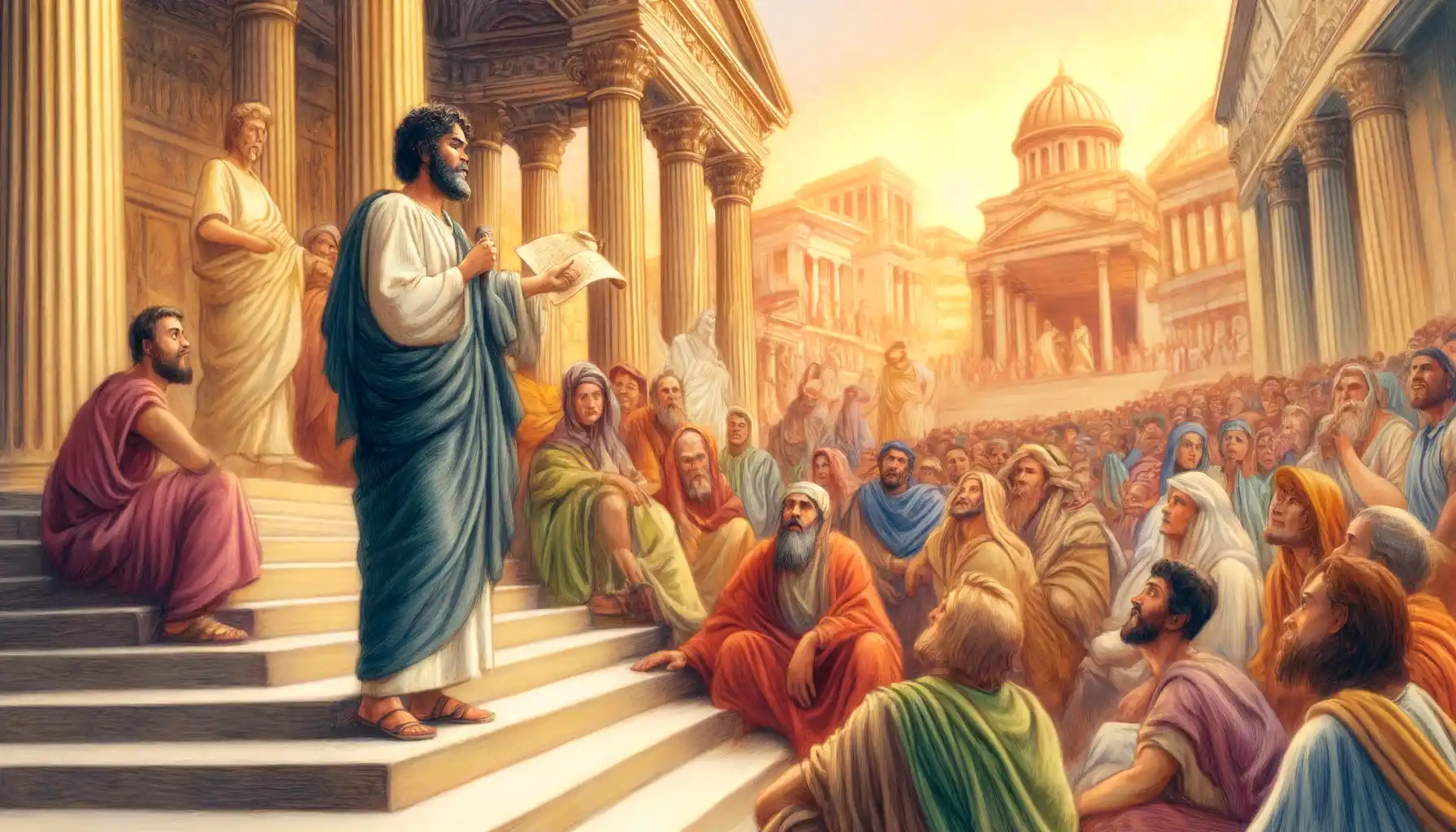Abraham’s journeys are not just a tale of migration but a series of divine encounters and faith-building experiences that shaped the patriarch into the father of many nations and a key figure in the Abrahamic faiths.
he Parable of the Good Samaritan challenges listeners to extend kindness and mercy beyond conventional boundaries, defining a “neighbor” not by proximity or similarity but by need and the capacity to show compassion.
The Temptation of Jesus highlights His sinlessness and His unwavering commitment to God’s word, serving as a foundation for His authority and mission. It also sets a model for resisting temptation through reliance on Scripture.
The shipwreck of Paul is not just a tale of survival but a testament to Paul’s faith and God’s providence, ensuring that Paul’s missionary journey continued despite seemingly insurmountable odds.
The narrative of the Birth of Jesus in Luke 2:1-20 offers a profound glimpse into the miraculous events surrounding the arrival of Christ, emphasizing themes of prophecy, divine humility, and celestial joy, set against a backdrop of Roman governance and fulfilled through a humble manger in Bethlehem.
The meeting of Jesus with the Samaritan woman at Jacob’s Well serves as a critical lesson on the scope of Jesus’ ministry and the power of direct personal encounter in transforming lives and transcending cultural divides.
Jacob’s Well is not only an archaeological site but also a profound symbol in Christian theology, representing the transformative power of Jesus’ teachings and His offer of eternal life.
The Samaritan woman’s story is a powerful testament to Jesus’s ministry beyond traditional boundaries, emphasizing spiritual truth and personal transformation. Her encounter with Jesus at Jacob’s well leads to profound personal and communal changes, showcasing the inclusive nature of Jesus’s message.
Philip the Evangelist is remembered for his crucial role as a deacon and evangelist, significantly contributing to the spread of Christianity beyond Jewish communities into Samaria and even Ethiopia.
Paul, originally known as Saul of Tarsus, was a major apostle to the Gentiles and a foundational figure in the establishment of Christianity, renowned for his dramatic conversion, extensive missionary journeys, and the authorship of many influential New Testament Epistles.

